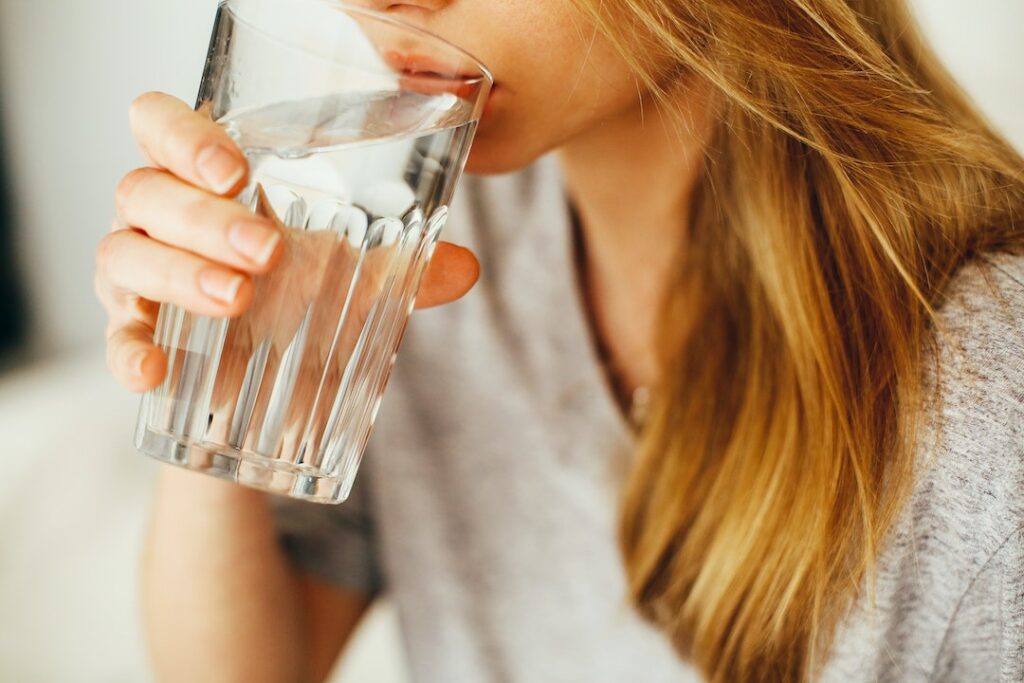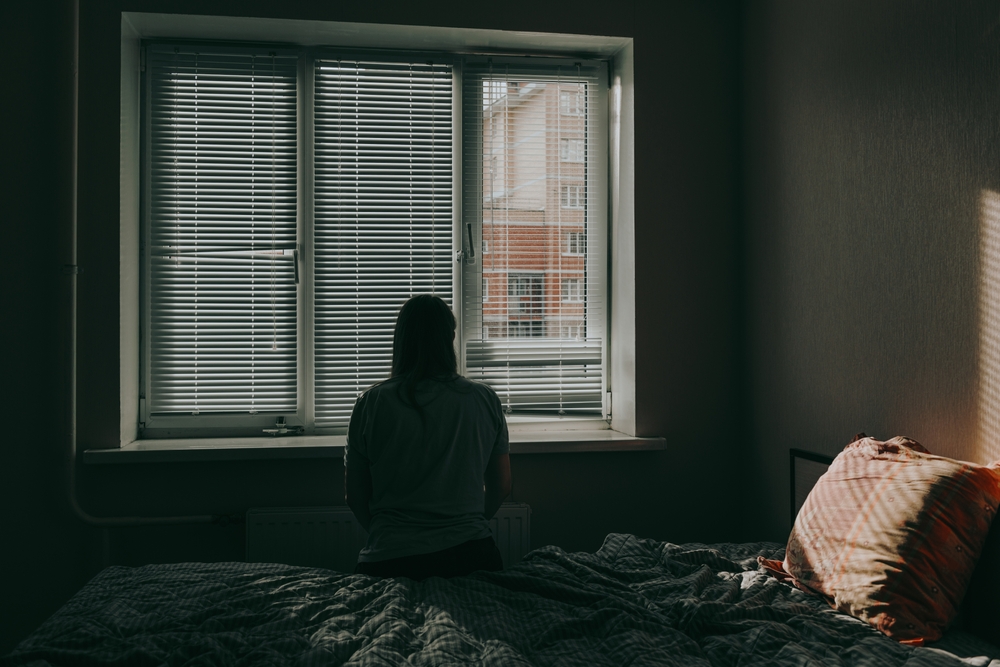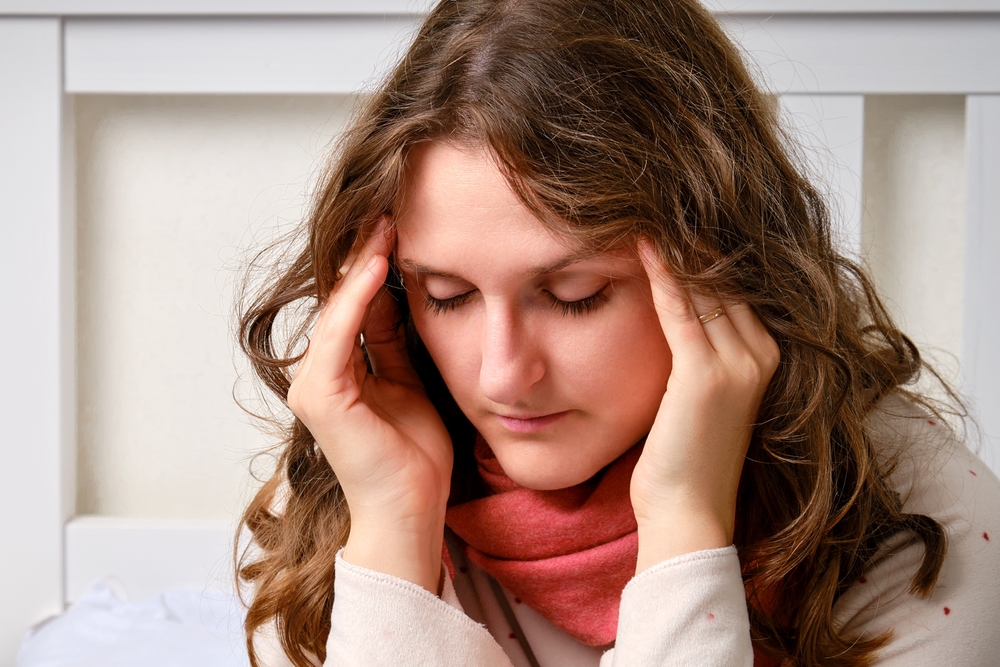Migraines are an all too common, debilitating part of life for many people today. The common
symptoms of migraines known by many:
- Throbbing head pain
- Nausea
- Blurry vision
- Sensitivity to light and sound
- Vomiting and diarrhea
1. Drink Water
Even the slightest bit of dehydration can trigger a migraine headache. Therefore, drinking water is a powerful treatment and preventative measure against getting migraines. It seems simple but it’s often overlooked.

This Study suggested that increasing water intake by 1.5 liters a day worked to prevent migraines. Another study, analyzing the effects of drinking water on 256 women, showed that migraine severity, pain intensity, and migraine frequency were all reduced by drinking water.
2. Magnesium and Vitamin B Complex
There is substantial evidence linking magnesium and Vitamin B deficiencies with migraine headaches. Vitamin B12 was shown to be much lower in people who suffer from migraines. A daily complex B supplement may help to prevent migraine headaches from occurring altogether. Magnesium is also particularly helpful for treating and preventing migraine headaches. Magnesium deficiency is also common in those who suffer from migraines. This study, showed that supplementing with 1 gram of magnesium treated headaches better than common migraine medication.
Both supplements are linked to stress relief, which may be the underlying cause in these cases. There are brands available that combine both magnesium and a Vitamin B complex into a single supplement.
3. Turn Off Lights and Relax in a Dark Room
Putting yourself in a calm space may also immediately reduce the migraine. Switching off the lights can take the pressure off the eyes, smelling some aromatherapy oils and lying down will take the pressure off emotionally. While most migraine sufferers know that avoiding light can help relieve symptoms after a migraine has started, many aren’t aware that sitting quietly in the dark can help prevent the headache in the first place. Managing stress in general may also help to prevent migraines.

Getting proper sleep is an essential part of reducing stress while a bad night’s sleep may be enough to trigger a migraine. Implementing a relaxation practice that encourages stress relief is a powerful tool for preventing and treating migraines.
4. Try Temperature Therapy
Treatment using a heat pack or a cold pack may help to reduce the severity of migraine. Cold packs tend to have a numbing effect on the body that may help with the pain reduction. Heat packs tend to relax tight, tense muscles which may trigger a migraine. Taking a hot shower or bath can help with migraine headaches. Regular stretching to loosen muscle tightness may also work as a preventative measure for migraines.
Hot and cold packs can be difficult to locate if you’re on-the-go or traveling. Some people carry both instant hot packs and instant cold packs in the purse or pocket just in case they need relief while they’re away from home. They’re safe, easy to use, and work anywhere you need them.
5. Acupressure and Scalp Massage
A scalp massage may not work for everyone with a migraine. In some cases, it may increase the pain. However, for some it can be very soothing, releasing muscle tension and diminishing some of the pain. Acupressure may be a better option for others. Many studies link using acupressure to the treatment of migraines, with acupressure being more effective than medication.
Rub these spots for 3 to 5 minutes to experience the benefits of acupressure for migraine relief:
- LI-4 point: the space between the base of the left thumb and the index finger
- GB41: between and slightly back from the fourth and fifth toes
- BL2: the two indented spots where your nose reaches your eyebrows
- GB20: the two side-by-side hollow areas where your neck muscles meet the base of your skull
Several ways exist to both treat and prevent migraines. Exercise, proper diet, and restful sleep will do wonders along with a good system for managing stress and experiencing relaxation daily.








